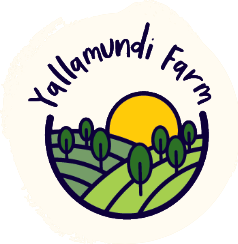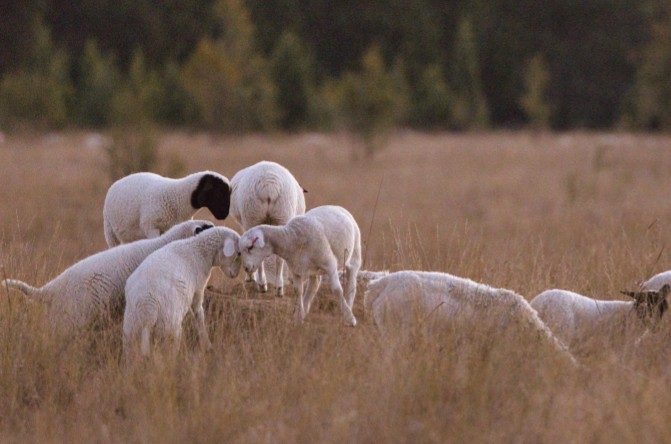Animal performance and diet
- Locally grown grain
- Optimal feed conversion
- Real-time welfare monitoring
- Lowest emission feed inputs
- Onsite vets
Technology
- Off-grid and solar powered hen houses
- 100% recyclable packaging
- Electrification of specific fleet
- Commitment to renewable energy
- International best practice manure and waste management system
Soil carbon
- Regenerative agricultural practices
- Extensive soil carbon monitoring program
- Rotational cropping and grazing practices that promote soil health
- Leading-edge agronomic application of composted waste streams
Trees on farm
- Over 300,000 olive trees
- Native forest restoration
- Dedicated biodiversity corridors




